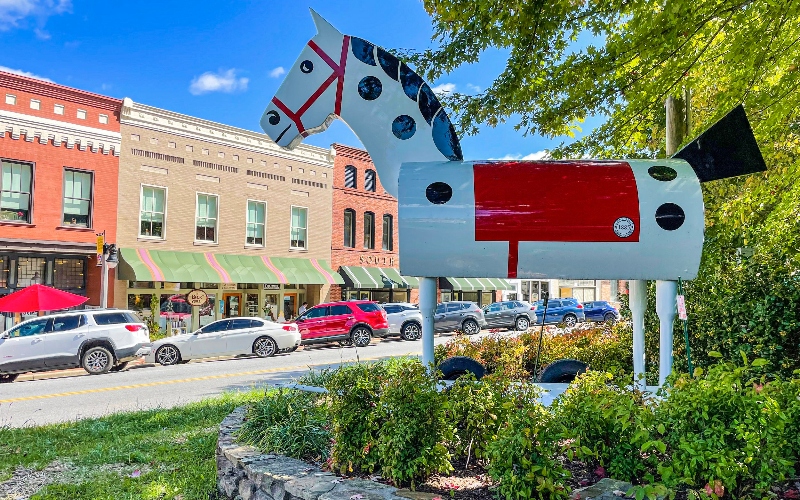Bee pollen – best diet supplement
Published 1:32 pm Friday, March 25, 2011
When doing nutritional counseling, or seminars, I’m often asked which diet supplements I “take” as well as recommend.
I get a few raised eyebrows when I tell folks that if I could take only one nutritional supplement, I would choose “bee pollen.” That’s right, bee pollen.
This may seem strange, but did you know bee pollen is actually a unique and powerful food? Honeybees eat pollen, because they need incredible amounts of energy to fly on average 15 miles per hour and visit as many as 1,200 flowers in one flight.
Bee pollen has been used for centuries by cultures all over the world for its energy and healing effects? In fact “Hippocrates” wrote on the healthful benefits of bee pollen.
First, let’s look at “what” bee pollen is. Pollen comes from the male “stamen” of flowers. “Bee pollen” is created when worker honey bees transport pollen granules to their nest with specially arranged hairs on their hind legs. When honey bees arrive back at the hive, they have to crawl up through a series of ¼ wiring to enter. This process harmlessly scrapes the pollen from the bee’s legs and body, and drops it down into a collection tray. After the pollen has been collected, it’s sifted, then frozen.
Now we know what bee pollen is, but what makes it such a “super food?”
First, bee pollen contains over 5,000 enzymes and co-enzymes, which is more than any other food. Enzymes are specific proteins that catalyze chemical reactions in the body. Catalyze is just a fancy word for speedup. These enzymatic reactions are necessary for everything from muscle contraction, to using the nutrients in our food, to breathing. In fact, without enzymes, life couldn’t even exist.
Bee pollen is 40 percent pure protein, which makes it denser in protein than any source of protein from animals. It’s also a safer source of protein, when compared with animal proteins, because it doesn’t contain saturated fats. Also, bee pollen contains 18 vitamins, 25 minerals, 59 trace elements, 14 fatty acids, and is extremely rich in carotenes, which are precursors of vitamin A.
It’s also rich in B complex, vitamins C, D, E and Lecithin, which is a lipid that helps keep cell membranes healthy.
Bee pollen is not only the richest source of vitamins found in nature, it’s also the richest source of rutin. Rutin is in a class of flavinoids that also contain querctin, hesperidin, eriodicyl and citron.
These flavinoids are essential for the absorption of vitamin C. Rutin is an important nutritional supplement because of its ability to strengthen capillaries. This action helps people with arteriosclerosis (hardening of the arteries), high blood pressure or venous insufficiency.
There are also trace elements found in bee pollen that modern science can’t even identify. That is believed to be another reason bee pollen packs such a nutritional punch. By the way, bee pollen is good for dogs, cats and even horses.
Bee pollen is available in health food stores in many varieties such as whole granules, wafers, powders and capsules.
I recommend to start taking bee pollen slowly. Any bee product could cause allergic reactions in some people. I recommend to start taking bee pollen by placing a couple of granules under your tongue to test for sensitivity, like sneezing, itching, swelling, rash or flushing. If you experience any allergic reaction, seek medical help. If no allergic reaction occurs, gradually increase to 1 to 2 tsp. a day or more.
Pollen granules do have “cell walls” so chew for better nutrient absorption. Just because you have pollen allergies doesn’t mean you can’t take bee pollen. Pollens responsible for allergies are airborne or anemphilous. The type of pollen collected by bees is called entomophilous.
Pregnant women however, should not take bee pollen. Also, nursing mothers shouldn’t.
David Crocker of Landrum has served as strength director of the Spartanburg Y.M.C.A., strength coach S.C. state champion girls gymnastic team, USC-Spartanburg baseball team, Converse college equestrian team, lead trainer L.H. Fields modeling agency, taught four semesters at USC-Union David was also a regular guest of the Pam Stone radio show.





